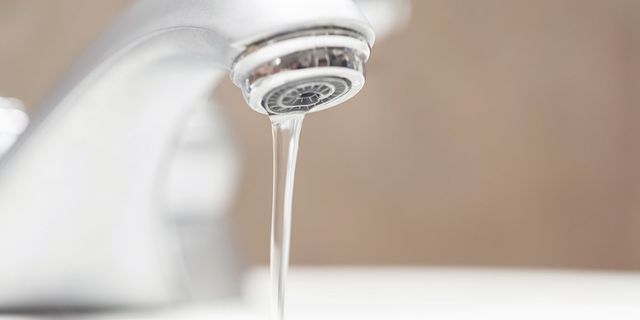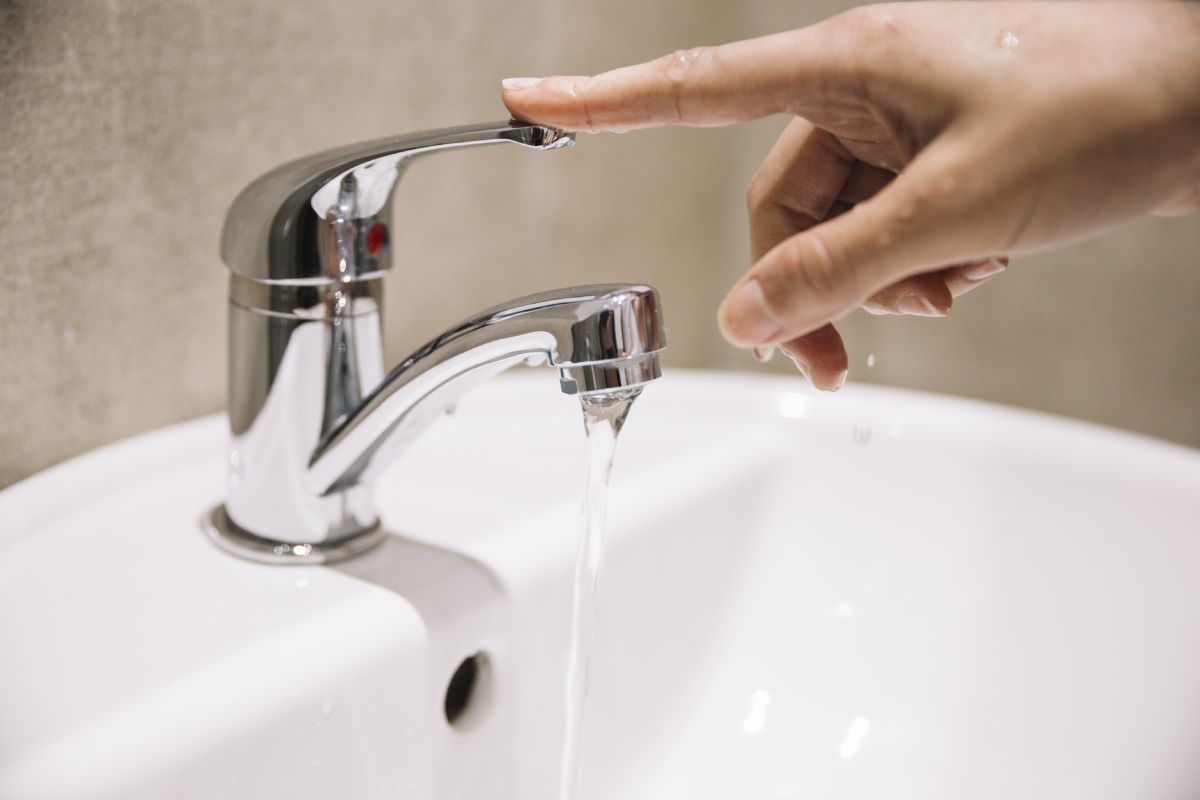Are you looking for info about 10 Reasons for Low Water Pressure in Your House?

Low water stress in your home can be a frustrating trouble, influencing whatever from bathing to washing dishes. If you're experiencing weak water flow, there are several possible causes and remedies to discover. In this overview, we'll talk about typical factors for low water pressure and functional actions to resolve the issue effectively.
Introduction to Low Water Stress
Low water pressure happens when the circulation of water from your taps, showers, and other fixtures is weaker than usual. This can make daily tasks extra tough and much less effective. Understanding the causes of low water stress is critical to discovering the appropriate service.
Common Sources Of Low Water Pressure
Pipe Obstructions
With time, pipes can end up being clogged with mineral deposits, debris, or debris, limiting the flow of water. This is a typical issue in older homes with galvanized steel pipes.
Deterioration
Rust within pipelines can result in leaks and minimized water stress. Corrosion accumulation can constrict water circulation, specifically in aging plumbing systems.
Faulty Pressure Regulatory Authorities
Pressure regulators are accountable for preserving regular water stress in your house. If they malfunction, it can result in low water stress or irregular circulation throughout your house.
Municipal Water Supply Issues
Occasionally, the problem exists outside your home. Metropolitan supply of water problems, such as main line leaks or maintenance job, can temporarily minimize water stress in your area.
How to Diagnose Low Water Stress
Inspecting Taps and Components
Start by checking the water stress at different taps and fixtures throughout your home. If the issue is isolated to details locations, it may show localized problems.
Evaluating Pipes
Evaluate noticeable pipelines for signs of leaks, corrosion, or obstructions. Pay attention to any type of unusual sounds, such as knocking or rattling pipes, which can show problems within the plumbing system.
Consulting with a Plumber
If you're not able to identify the cause of low water pressure, take into consideration employing an expert plumber to conduct a thorough examination. They can identify underlying problems and suggest ideal services.
DIY Solutions to Fix Low Tide Stress
Cleaning Up Aerators and Showerheads
Mineral deposits can build up in aerators and showerheads, minimizing water circulation. Remove and clean these parts frequently to enhance water pressure.
Flushing Hot Water Heater
Debris buildup in the hot water heater can limit circulation and minimize efficiency. Flushing the tank periodically helps remove debris and keep optimum efficiency.
Examining Stress Regulator
Make sure that the pressure regulatory authority is functioning appropriately. Readjusting or replacing the regulator can help recover proper water stress throughout your home.
Clearing Clogs in Piping
For small blockages, try using a plumbing snake or chemical drain cleaner to clear blockages in pipelines. Be cautious when making use of chemicals and comply with safety and security standards.
When to Call an Expert Plumber
If do it yourself initiatives stop working to fix the issue or if you think significant plumbing issues, it's ideal to look for help from a certified plumber. They have the know-how and tools to attend to complicated problems safely and properly.
Preventive Measures to Preserve Water Pressure
Routine Maintenance
Set up routine upkeep for your plumbing system to avoid problems such as rust, leakages, and blockages. Resolving small troubles early can assist prevent even more significant fixings in the future.
Installing a Pressure Booster
Think about setting up a stress booster pump to enhance water pressure in areas with continually reduced circulation. This can be particularly beneficial for multi-story homes or homes with high-demand components.
Surveillance Water Use
Bear in mind water use behaviors and avoid overtaxing the plumbing system. Simple changes, such as shocking showers and washing tons, can aid keep ample water stress.
Conclusion
Managing low water pressure can be discouraging, however identifying the underlying reasons and implementing appropriate remedies can bring back optimum flow throughout your home. Whether it's cleansing aerators, evaluating pipes, or talking to a plumber, taking positive actions can make certain a stable supply of water for your day-to-day demands.
FOUR WAYS TO FIX LOW WATER PRESSURE NOW
Turning on a shower or faucet only to find the water comes out in a sad, slow drizzle is never a good feeling. How exactly are you supposed to wash a pan or take a quick shower when it takes 10 minutes just to rinse off a little soap? The good news is that when your water pressure is bad, there's always a cause: typically one that can be easily fixed. Here are some of the most common causes of low pressure and what you can do to fix the issue:
DEBRIS AND MINERAL DEPOSIT BUILDUPS
If you notice low water pressure from just one or two of the fixtures in your house, the problem likely has to do with debris buildup. Water is full of minerals and other debris, all of which can accumulate in your pipes and on your fixtures. This can cause a blockage that affects how much water flows through. To fix this, try filling a small plastic bag with white vinegar, and use a rubber band to hang it around your showerhead or faucet. Let the head of the fixture soak for a few hours, and the vinegar should loosen the deposits.
WATER LEAKS
Leaks are another common cause of low water pressure. If water is flowing out of your plumbing through a hole or crack before it can reach your fixture, the pressure coming out of the faucet or showerhead will be lower. A plumbing professional is your best bet for finding and repairing a leak in your water supply pipes.
Leaks are another common cause of low water pressure. If water is flowing out of your plumbing through a hole or crack before it can reach your fixture, the pressure coming out of the faucet or showerhead will be lower. A plumbing professional is your best bet for finding and repairing a leak in your water supply pipes.
FOUR WAYS TO FIX LOW WATER PRESSURE NOW
Turning on a shower or faucet only to find the water comes out in a sad, slow drizzle is never a good feeling. How exactly are you supposed to wash a pan or take a quick shower when it takes 10 minutes just to rinse off a little soap? The good news is that when your water pressure is bad, there's always a cause: typically one that can be easily fixed. Here are some of the most common causes of low pressure and what you can do to fix the issue:
DEBRIS AND MINERAL DEPOSIT BUILDUPS
If you notice low water pressure from just one or two of the fixtures in your house, the problem likely has to do with debris buildup. Water is full of minerals and other debris, all of which can accumulate in your pipes and on your fixtures. This can cause a blockage that affects how much water flows through. To fix this, try filling a small plastic bag with white vinegar, and use a rubber band to hang it around your showerhead or faucet. Let the head of the fixture soak for a few hours, and the vinegar should loosen the deposits.
WATER LEAKS
Leaks are another common cause of low water pressure. If water is flowing out of your plumbing through a hole or crack before it can reach your fixture, the pressure coming out of the faucet or showerhead will be lower. A plumbing professional is your best bet for finding and repairing a leak in your water supply pipes.
Leaks are another common cause of low water pressure. If water is flowing out of your plumbing through a hole or crack before it can reach your fixture, the pressure coming out of the faucet or showerhead will be lower. A plumbing professional is your best bet for finding and repairing a leak in your water supply pipes.
A VALVE ISSUE
If you have low water pressure throughout your home, check your main shut-off valve to make sure it's completely open. You may also want to see if there's a pressure-reducing valve installed. If there is, have a plumber help you adjust the settings to get the pressure you're looking for.
OTHERS USING WATER
Believe it or not, your low water pressure could be caused by your neighbors. If you notice low pressure at certain times of day, it may be because you and the people living next to you have similar schedules - when everyone is showering at the same time, the pressure will be lower in every home. Low pressure throughout the neighborhood may also be caused by an issue with your municipal water supply. If that's the case, call the supplier to see if they're working on the issue.
https://www.rotorooter.com/blog/water-leaking/low-water-pressure-fixes/

We are very taken with and I am praying you enjoyed reading the new entry. Do you know another individual who is curious about the topic? Take a moment to share it. Thank you for going through it.
Visit Our Site